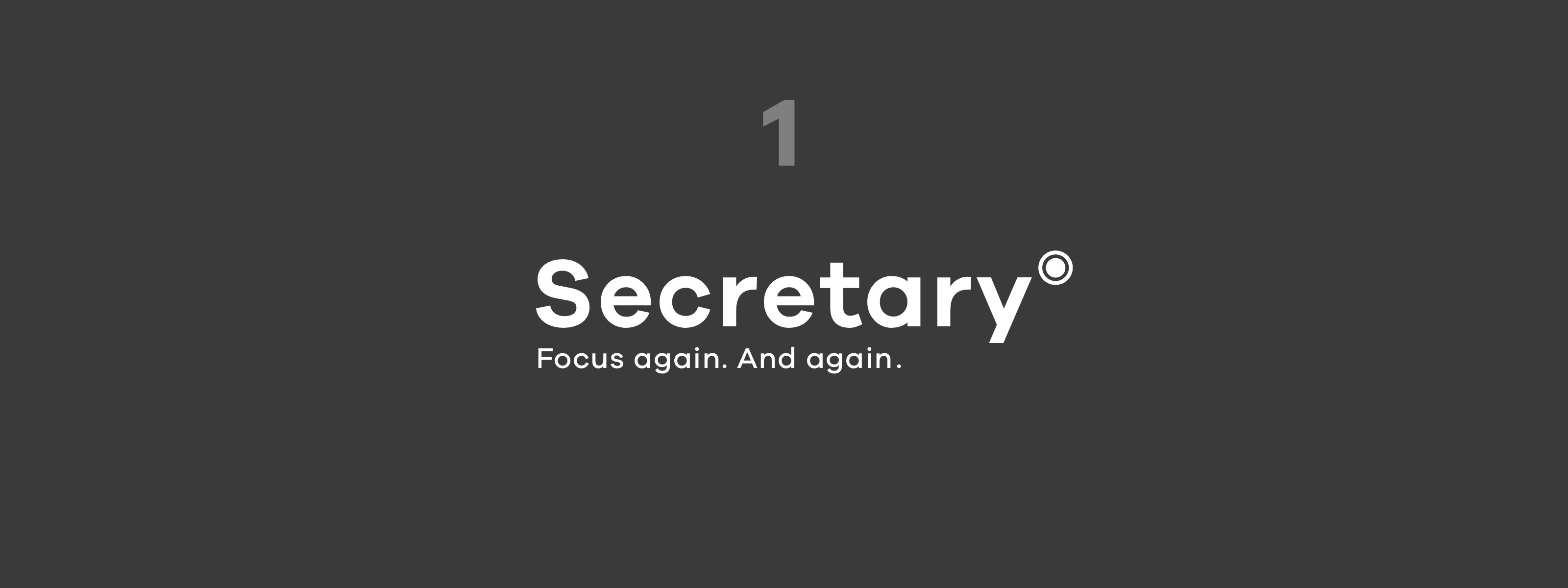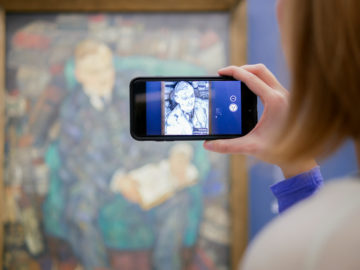Attention Management has been called „the most important skill of the 21st century“. Design an innovative system that tracks your attention across various devices, analyzes, and recommends ways to optimize your attention to achieve your goals. Your system may use data collected over time to make suggestions, or it may use real-time information to nudge you to change your attention, or both.
Problem
Where there used to be one device for several people, there are now several devices for just one person – and they all want our attention. Sometimes the smartphone vibrates. Sometimes our computer notifies us that a new e-mail has arrived. Sometimes our smartwatch touches us on the wrist. The machines simply don’t care whether you are working in a highly concentrated way or whether you are on a break. All this has become so common that we are not aware of these constant distractions.
A study has even shown that the smartphone on our desk lowers our cognitive abilities because part of the brain is always busy not thinking about the smartphone.
Results from two experiments indicate that even when people are successful at maintaining sustained attention — as when avoiding the temptation to check their phones — the mere presence of these devices reduces available cognitive capacity. Moreover, these cognitive costs are highest for those highest in smartphone dependence.
https://www.journals.uchicago.edu/doi/abs/10.1086/691462
In addition to all this, stress is caused by unfinished work that is stored in the head as „to do“. A lack of structure during work is usually the cause. Ultimately, this leads to a cognitive overload and finally to the failure to complete any task properly and with high concentration.
But the problem is not only about how we use digital devices, but also how we interact with our environment. A common problem I experience over and over again is that people use smartphones during activities with friends. Again, it would be nice if we could finally get back to focusing on the people who spend time with us instead of our digital companions.
Our attention is a limited resource that must be consciously controlled and used. This is the only way we can do things effectively in our time of information overload.

